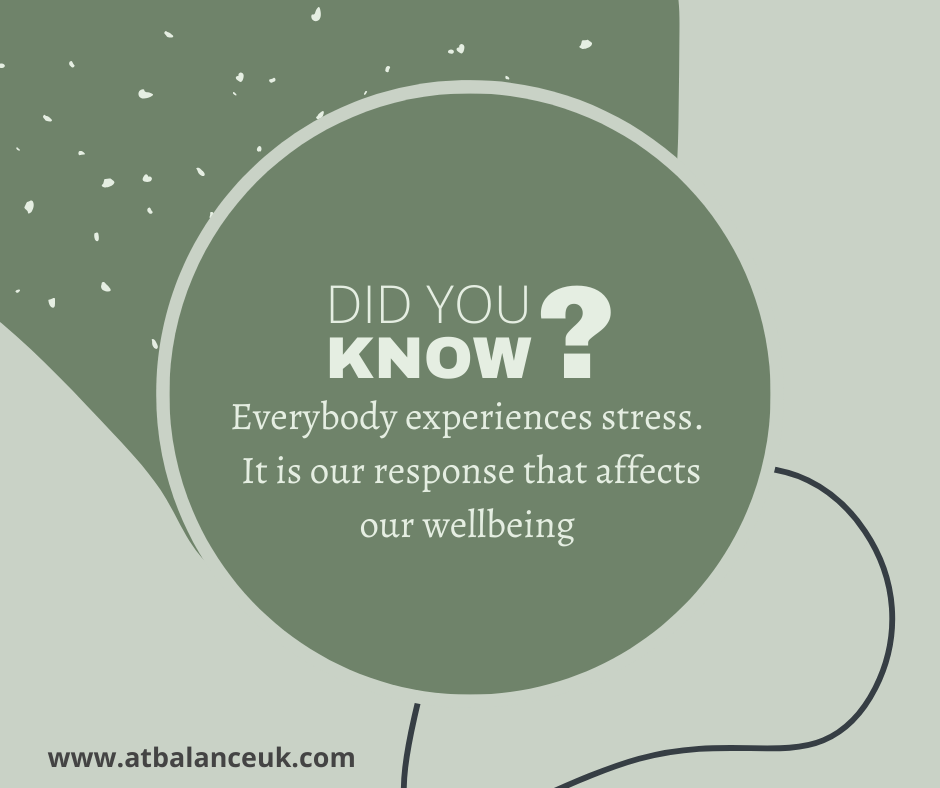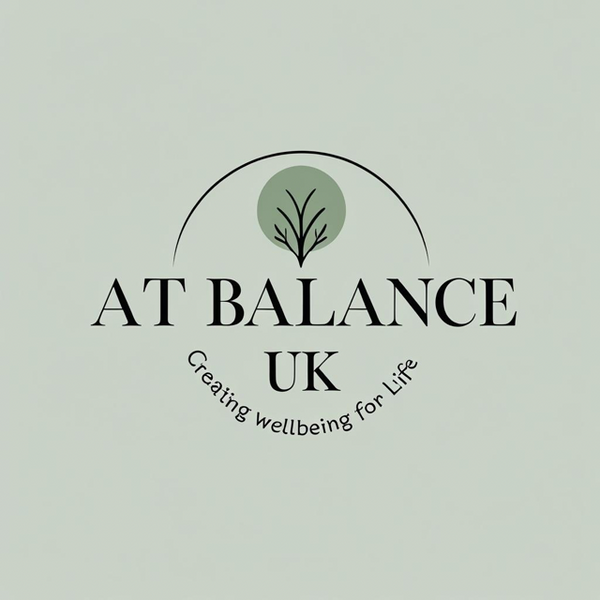
What is Mental Health? The value of Stress Management and Resilience.
When we talk about health, most of us picture the body exercise, nutrition, and physical vitality. But our mental health is equally essential. It influences how we think, feel, and behave in daily life. It affects our ability to manage stress, maintain relationships, make decisions, and find purpose. Yet our understanding of mental health what it is, where it comes from, and how to care for it has evolved dramatically over time. From early philosophy to modern neuroscience, and from ancient healers to Black psychologists whose work reshaped global thinking, our collective journey toward understanding the mind has been long and deeply human.
Mental Health is…?
According to The World Health Organization it is “a state of mental wellbeing that enables people to cope with the stresses of life, realise their abilities, learn well and work well, and contribute to their community.”
A person with good mental health can manage life’s challenges, maintain emotional balance, build positive relationships, and recover from setbacks. It’s a dynamic state one that changes as we move through different stages of life.
The story began thousands of years ago. Ancient civilizations from Greece to China and India believed mental distress was linked to spiritual imbalance or bodily “humours.”
The Greek physician Hippocrates (460–370 BCE) was one of the first to suggest that mental illness had natural causes, not supernatural ones. He proposed that our moods and behaviour were influenced by the balance of bodily fluids blood, phlegm, yellow bile, and black bile. While this “humour theory” is outdated, Hippocrates laid the groundwork for understanding that the mind and body are connected.
During the 19th and early 20th centuries scientific inquiry began to replace superstition.
Sigmund Freud revolutionised how we think about the mind. Through psychoanalysis, Freud suggested that our thoughts and behaviour are shaped by unconscious processes and early life experiences. His ideas opened the door to talking therapies and the belief that mental health could be treated through self-awareness and reflection. Around the same time, William James, explored the nature of human consciousness and emotion. He viewed mental health as part of a broader, adaptive system that helps people navigate life’s challenges. A view that resonates with today’s focus on resilience. By the mid-20th century, psychology had evolved further. Researchers began to focus not only on mental illness, but also on what makes people thrive. Abraham Maslow introduced the Hierarchy of Needs, suggesting that humans move from basic survival needs to higher goals such as belonging, esteem, and self-actualisation. Around the same time, Carl Rogers developed humanistic psychology, emphasising self-growth, empathy, and unconditional positive regard. There work marked a turning point mental health became not just about treating disorders, but about nurturing wellbeing and potential.
In recent decades, advances in neuroscience have transformed our understanding of mental health. Brain imaging has revealed how stress, trauma, and emotions affect neural pathways. We now know that the brain is plastic it can change and adapt throughout life. Scientists such as Aaron Beck, who pioneered cognitive behavioural therapy (CBT) in the 1960s, showed that by changing unhelpful thought patterns, we can reshape emotional and behavioural responses. This finding bridged psychology and neuroscience, giving rise to practical tools for managing anxiety, depression, and stress. Today, the conversation around mental health is more holistic than ever. It now looks at the whole rather than parts of the whole as they are all interlinked. These include biological factors, psychological factors, social, and environmental factors.
Honouring the black voices that helped to shape understanding
As we celebrate Black History Month, it’s vital to recognise the profound impact that Black thinkers, psychologists, and community leaders have had on our understanding of mental health and resilience.
For centuries, Black communities have faced unique psychological stressors from the trauma of enslavement and colonialism to the ongoing effects of racism and inequality. Out of these experiences, powerful insights and practices have emerged that have shaped the field of mental health itself. Dr. Frantz Fanon a psychiatrist and philosopher from Martinique, Fanon explored the psychological effects of racism and colonisation in works like Black Skin, White Masks and The Wretched of the Earth. He revealed how oppression and identity conflict can impact mental wellbeing ideas that remain foundational in understanding cultural trauma and social identity today. Dr. Mamie Phipps Clark and Dr. Kenneth Clark African American psychologists who’s famous “Doll Test” in the 1940s demonstrated how racism and segregation harmed the self-esteem of Black children. Their research directly influenced the landmark U.S. Supreme Court case Brown v. Board of Education (1954), helping dismantle legal segregation and paving the way for culturally sensitive approaches in psychology.
Dr. Beverly Greene and Dr. Nancy Boyd-Franklin were pioneers in multicultural psychology, family therapy, and understanding the intersection of race, gender, and mental health. Their work has helped therapists recognise how culture, community, and systemic injustice influence wellbeing.
Beyond academia, Black communities around the world have long practised forms of collective resilience drawing strength from spirituality, storytelling, music, and social solidarity. These cultural traditions have nurtured belonging, healing, and hope even in the face of adversity. Modern psychology increasingly recognises this truth: resilience is not only individual but collective, and Black traditions have modelled that for generations.
Stress in Mental Health
Stress is a natural part of being human. It’s our body’s way of responding to challenge or change. A certain amount of stress can be motivating it helps us to perform under pressure or adapt to new situations. However, when stress becomes chronic or unmanaged, it can disrupt sleep, mood, concentration, and physical health. Over time, this can lead to burnout or emotional exhaustion. Understanding stress and learning to respond rather than react to it is a cornerstone of good mental health. That’s where resilience comes in.
Resilience: The Strength to Bounce Back
Resilience is not about avoiding difficulties; it’s about navigating them with awareness, flexibility, and strength. It’s the psychological equivalent of physical fitness the more we practise it, the stronger it becomes. Researchers such as Dr. Emmy Werner, who studied children facing adversity, found that resilience isn’t an innate trait but a skill that can be learned and developed.
Resilient individuals share key characteristics:
- They maintain perspective and optimism during challenges
- They build supportive relationships
- They practise self-care and emotional regulation
- They learn from setbacks rather than being defined by them
Building resilience helps us to cope with life’s ups and downs, protecting our mental health and developing our long-term wellbeing.
The Stress Management and Resilience Course.
If you’ve ever felt overwhelmed, anxious, or depleted, you’re not alone. Life’s pressures can sometimes overwhelm us and have a negative impact on our mental wellbeing but with the right tools and mindset, it’s possible to build balance and confidence.
That’s why the Stress Management and Resilience Course was created. It aims to help you to understand your stress patterns, develop practical coping strategies, and strengthen your resilience.
In this course, you’ll learn:
- The science of stress and its impact on the mind and body
- Techniques to calm the nervous system and restore balance
- How to reframe challenges and build psychological flexibility
- Practical steps for long-term wellbeing
Launch Offer — Invest in Your Wellbeing
The Stress Management and Resilience Course is now available for a special launch price of £99.00 until 31 October.
From 1 November, the price will increase to £159.00.
Taking care of your mental health is one of the most valuable investments you can make for yourself, your relationships, and your future.
Enrol today and start your journey to a calmer, more resilient you. click here Stress Management and Resilience Course – At Balanceuk
References
Beck, A. T. Depression: Clinical, Experimental, and Theoretical Aspects. Harper & Row, 1967.
Boyd-Franklin, N. Black Families in Therapy: Understanding the African American Experience. Guilford Press, 2003.
Clark, K. B., & Clark, M. P. Racial Identification and Preference in Negro Children. Journal of Negro Education, 1947.
Fanon, F. Black Skin, White Masks. Grove Press, 1952.
Fanon, F. The Wretched of the Earth. Grove Press, 1961.
Freud, S. Introductory Lectures on Psycho-Analysis. Hogarth Press, 1917.
Greene, B. African American Women and the Psychotherapy Process. Journal of Black Psychology, 1994.
James, W. The Principles of Psychology. Henry Holt, 1890.
Maslow, A. H. A Theory of Human Motivation. Psychological Review, 1943.
Rogers, C. Client-Centered Therapy. Houghton Mifflin, 1951.
Selye, H. The Stress of Life. McGraw-Hill, 1956.
Werner, E. E. Resilience in Development. Current Directions in Psychological Science, 1995.
World Health Organization. Mental Health: Strengthening Our Response. WHO, 2022.
